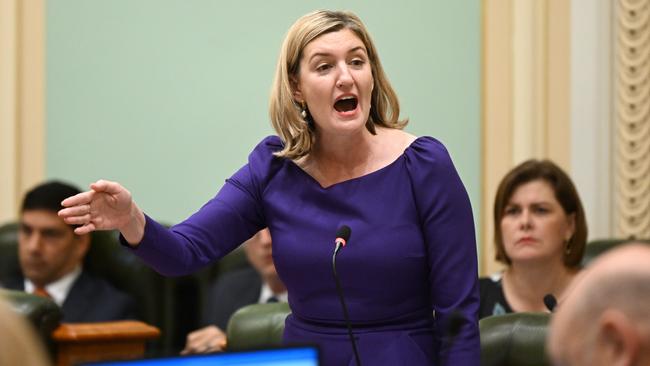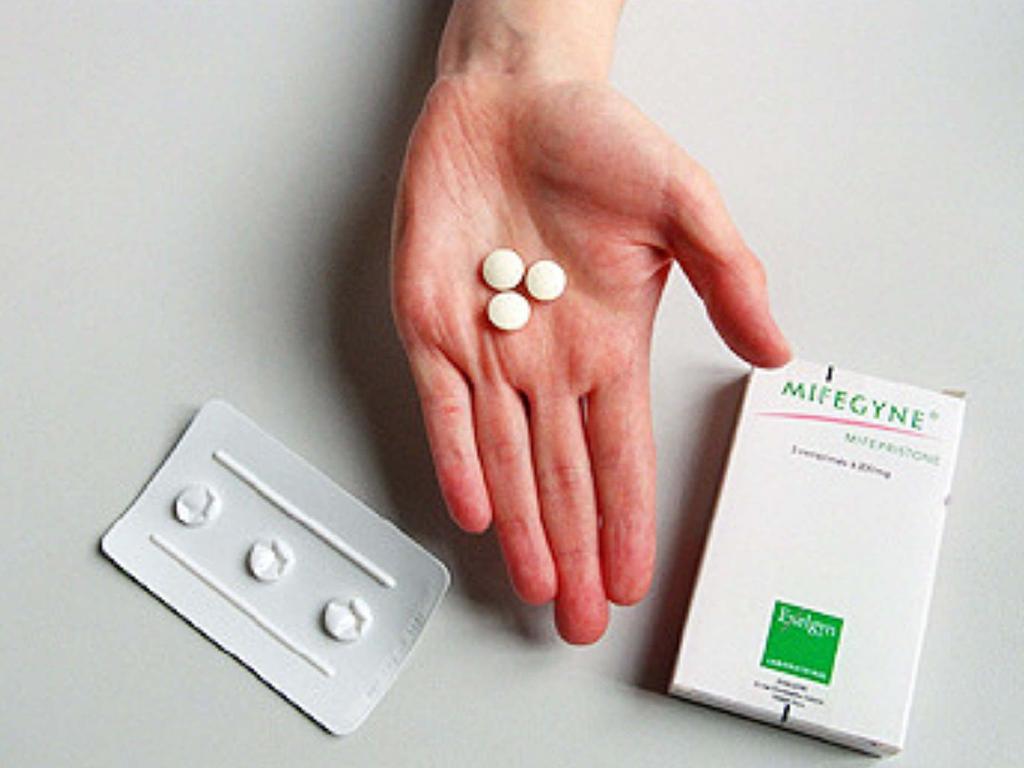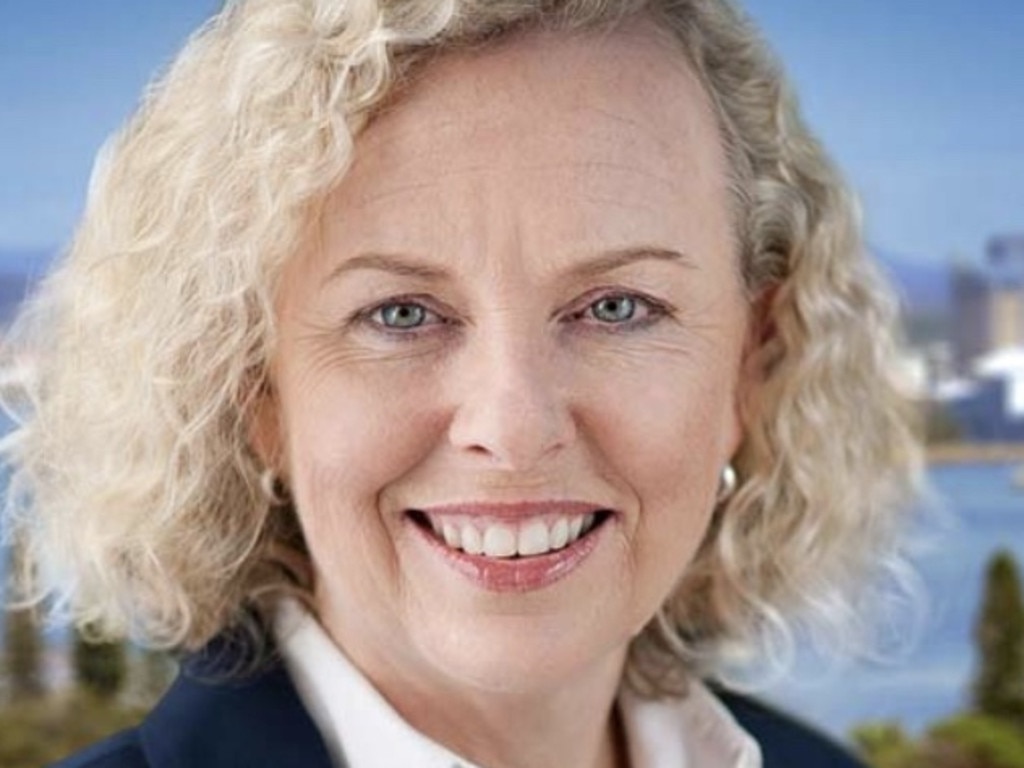Nurses, midwives given power to prescribe abortion pills in Queensland
Queensland has become the first state to give registered nurses and midwives powers to prescribe medical abortion pills.

Queensland has become the first state to give registered nurses and midwives powers to prescribe medical abortion pills, as part of a push to make the procedure more accessible to women living in regional parts of the country.
The Therapeutic Goods Administration (TGA) last year approved an application from the not-for-profit pharmaceutical company MS Health to relax restrictions on who can prescribe the pill MS-2 Step, which can be taken up to nine weeks from conception.
It is up to each state and territory to determine which health practitioners will have prescribing powers. In Queensland, it has been granted to nurse practitioners, endorsed midwives and registered nurses, who do extra training.
Abortion was decriminalised in Queensland in 2018, but women in regional areas have reported difficulties accessing both medical and surgical terminations.
Before the TGA’s ruling last year, only doctors who had done extra training could prescribe the pill, and only about 10 per cent of GPs were registered to do so.
Access to surgical abortions has dwindled in Queensland, Australia’s most decentralised state, since the closure of regional clinics during the pandemic.
Health Minister Shannon Fentiman said new laws, expected to pass state parliament on Thursday evening, would make it easier for women living in regional Queensland to access abortion services.
“We have heard first-hand about the barriers that exist to accessing these services, particularly women living in rural and remote areas, from culturally and linguistically diverse backgrounds and women in full-time work,” she said.
The law changes have drawn criticism from some doctors, with the state’s peak medical group warning that granting powers to registered nurses could put patients at risk.
“Prescribers must be able to accurately date pregnancies, exclude ectopic pregnancy via a pelvic scan, determine if patients are at risk due to other existing conditions and ensure escalation pathways are available, including access to local emergency health care (usually within two hours’ drive),” Australian Medical Association Queensland chief executive Brett Dale wrote in a public submission.
“Unfortunately, it is often the case in rural and remote areas that patients do not have this access and even medical practitioners cannot safely prescribe MToP (medical termination of pregnancy) medicines. Extending prescribing authority to registered nurses in this context would not result in increased access and could put patients at risk.”
The peak body for Australia’s obstetricians and gynaecologists have backed the laws and “strongly advocated” for the need for improved access to abortion services in Queensland. “The college is in support of allowing additional health practitioners to perform early medical terminations of pregnancy through the use of termination drugs,” Royal Australian and New Zealand College of Obstetricians and Gynaecologists president Gillian Gibson said.
LNP’s health spokeswoman Ros Bates, a registered nurse, said concerns about women in regional areas suffering complications were valid.
“When it comes to delivering health services, you have to get the fundamentals right first … for many in our regional and rural towns the fundamentals are not there,” she said.








To join the conversation, please log in. Don't have an account? Register
Join the conversation, you are commenting as Logout